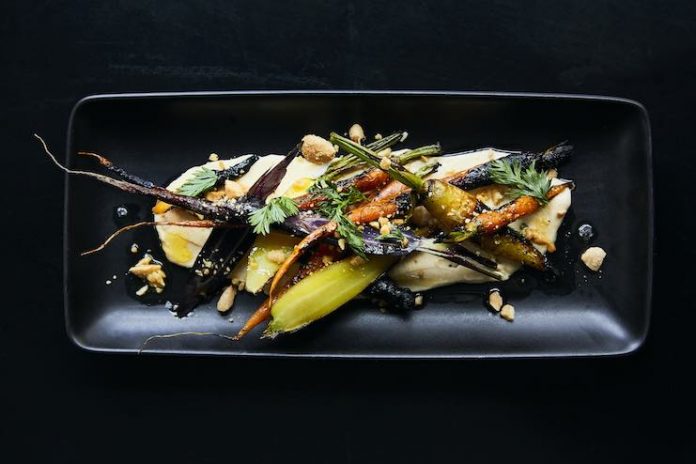SAN FRANCISCO–According to Kimpton Hotels & Restaurants’ fifth annual Culinary & Cocktail Trend Forecast, sustainability and wellness are fueling the superfood revolution and the whole vegetable movement. However, that hasn’t slowed the emergence of more adventurous preferences. When it comes to the bar scene, expect to see reimagined mocktails, mushroom-infused spirits, the rise of flavored alcoholic seltzers, and food and drink pairings ranging from wild boar heart and burgundy to crickets and pisco.
“It’s remarkable to see the year-over-year evolution of these major dining trends and the role wellness, culture, and human connection continues to play in the dining experience,” says Scott Gingerich, Kimpton’s senior vice president of restaurants and bars. “I’m proud to work with creative, boundary-pushing chefs and bartenders who surprise us with new flavor combinations, unexpected ingredients, and innovative ways to incorporate sustainability into everything we do.”
Each year, Kimpton’s Culinary and Cocktail Trends Forecast reveals the flavors, ingredients, and philosophies that will be explored by chefs and bartenders in the year ahead. Trends are uncovered via a survey of over 100 chefs, sommeliers, general managers, and bartenders from more than 80 Kimpton restaurants and bars.
Kimpton’s chefs and bartenders also listed some trends they hope to see disappear from the culinary world, like activated charcoal, anything deconstructed, pumpkin spice, molecular food, and edible dirt.
Plant-Based Movement Goes Into Overdrive
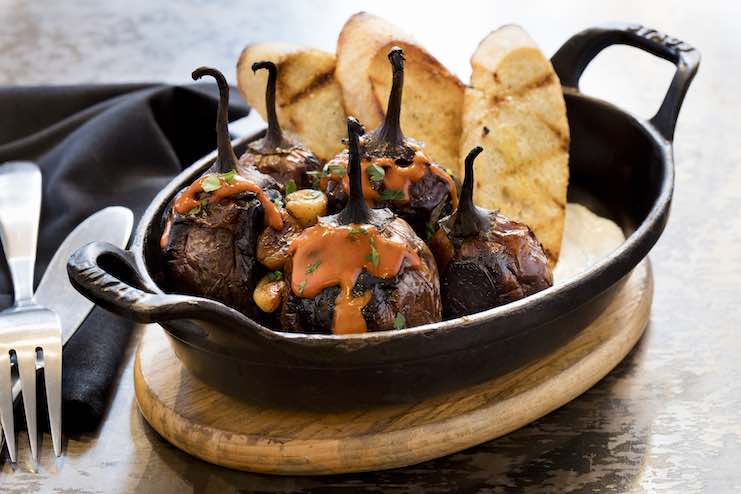
Last year’s forecast saw meat alternatives going mainstream, but the plant-based movement won’t stop there. This year, 80 percent of chefs plan to feature a vegan or raw dish on their menu, whether that’s a savory dish like spaghetti and beet balls or a sweet treat like raw cashew date cheesecake. Expect to see more “whole beast movement” but with a vegetable twist, as chefs experiment with “whole vegetable” entrées, like roasted eggplant with eggplant caviar and family-style vegetable “charcuterie.”
Carnivores Double Down
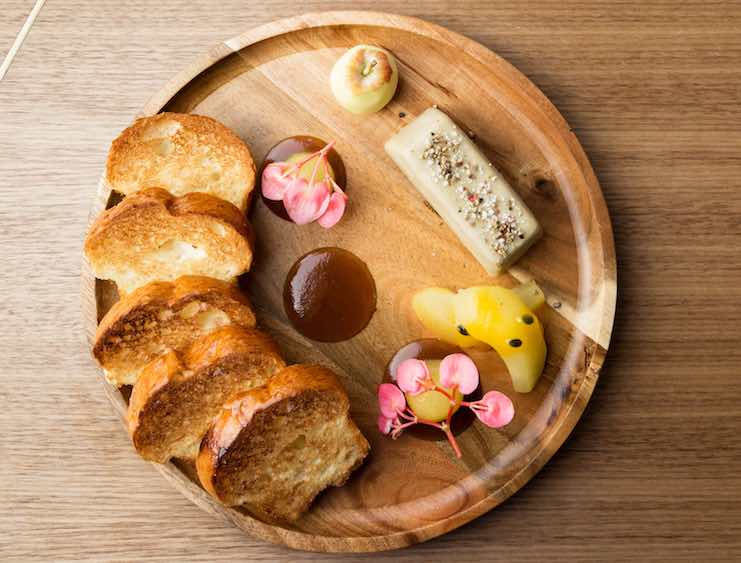
There will be more experimentation with offal-based dishes–such as monkfish liver mousse, trippa on bruschetta, and offal and sausage arancini—showing that the plant-based movement isn’t stopping meat-lovers from getting adventurous.
Flavors, Herbs, and Spices
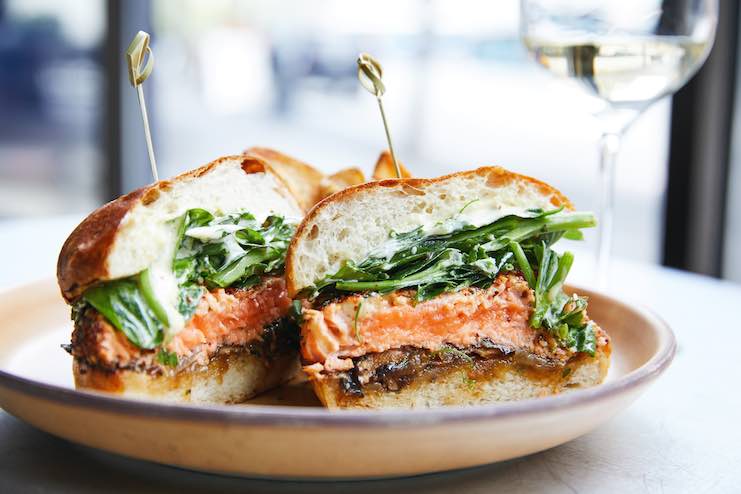
Nearly 40 percent of chefs see smoky flavors influencing menus in 2019, with floral flavors (rose and lavender) and Israeli flavors (cumin and tahini) also gaining popularity. Chefs also expect to see more creative uses of African spices, including ras el hanout from North Africa, South African herb rooibos or “red bush,” and the fiery and aromatic berbere spice mix found in many Ethiopian dishes. Thirty-one percent of chefs listed sumac as the number one spice they’ll be using in 2019, with Japanese seven-spice mix togarashi and green, leafy lovage also emerging as favorites.
The Superfood Revolution
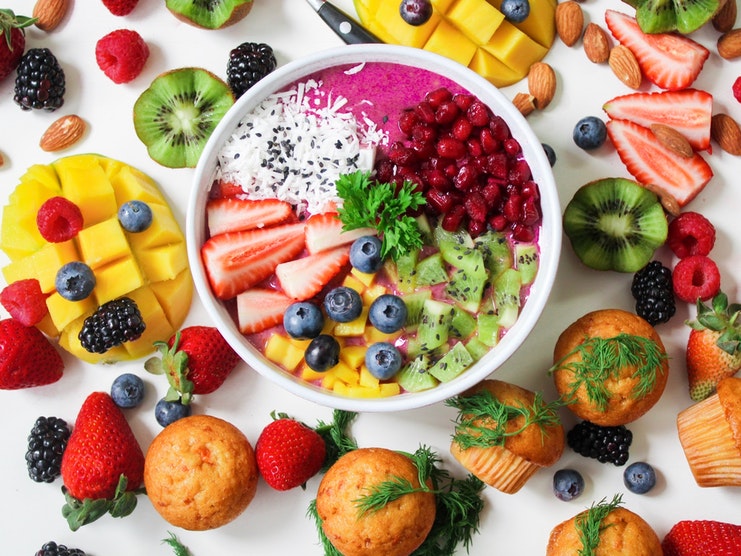
Expect to see more gut-friendly, fermented, and probiotic-rich ingredients like tapache and sauerkraut infiltrating both dishes and drinks alike. From spices like turmeric, sage, and holy basil, to proclaimed “natural elixirs” like rose water, camu, and goji berries, we’re seeing a new obsession with superfoods that pack a strong nutritional punch.
Classics Reimagined
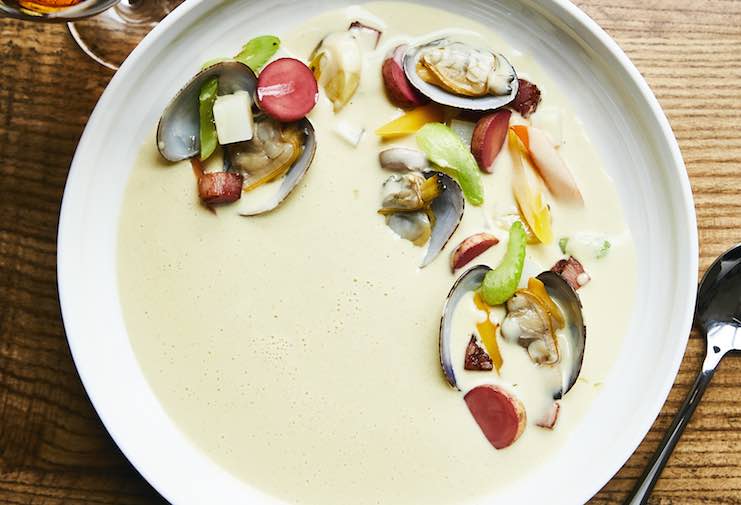
The industry will continue to see classics like pasta and pizza reimagined, as carbohydrate alternatives like cauliflower gnocchi, yuba pasta, and chickpea and polenta crusts continue flying off the shelves. Also, don’t expect the spotlight to fade on milk alternatives as new players like hemp milk become more mainstream. Chefs are also transforming classics like crab beignets, clam chowder, and deep-dish pizza to create fritters with apple sage aioli, chowder fries, and pizza-seasoned potato chips.
Upping the Ante on Sustainability
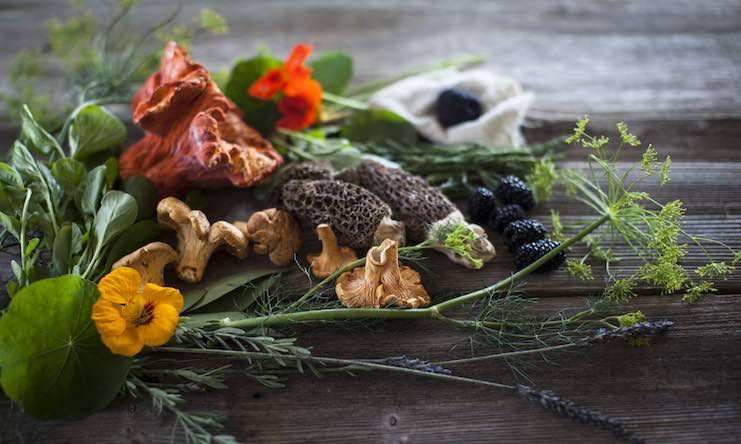
Chefs are continuing to incorporate sustainable practices into their restaurants by embracing zero-waste dinners, single-origin sourcing, onsite composting, and greenhouses, and by reducing gas, heat, and water usage. Hyper-local sourcing also continues to be top of mind with 57 percent of chefs identifying vegetables as the most important ingredient to source locally, trumping fruit, meat, dairy, wine, and spirits.
New Flavors and Regional Influences
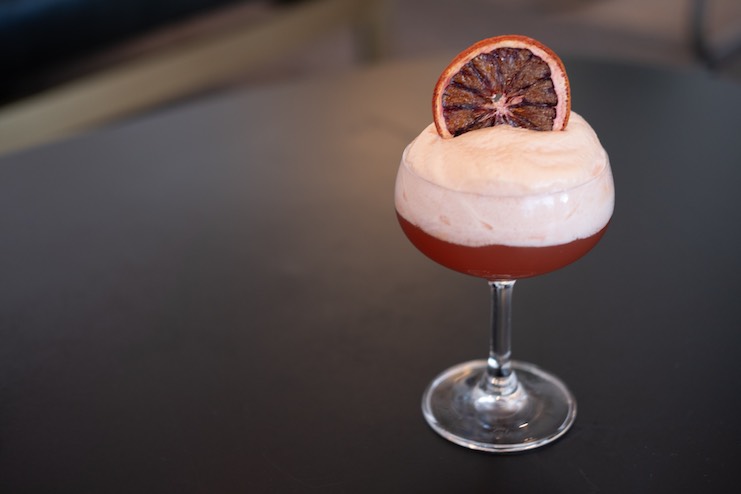
Turmeric and rose emerged as the top flavors in cocktails, with tarragon and celery root as runner-up ingredients. Vibrantly green matcha has taken coffee shops and Instagram by storm, but according to bartenders, the next trending beverage may contain one or more of the following: moringa, goji berries, pandan, fenugreek, genmaicha, or mate. North African, Japanese, and Latin American culture will also be heavily influencing drink menus. Examples include harissa-infused mezcal and plantain-infused scotch.
Mocktails
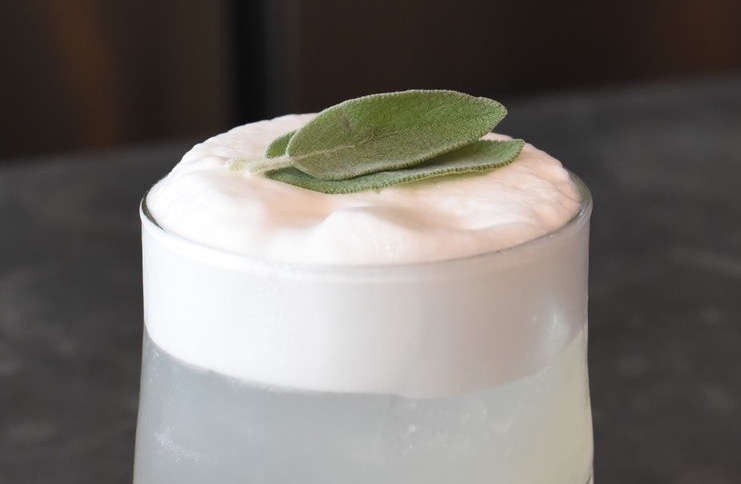
A resounding 80 percent of bartenders will be featuring more non-alcoholic cocktails on their menus in 2019. Virgin cocktails are more inspired and complex than ever before, thanks to new non-alcoholic spirits like Seedlip, house-made syrups, and tonics and the use of fermented ingredients.
A 360-Degree Approach to Sustainability
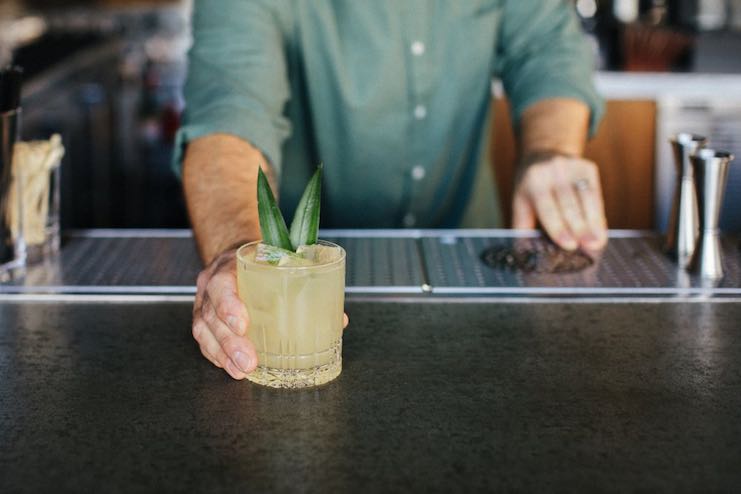
Eighty-eight percent of bartenders consider sustainability whenever they design a cocktail for their menu and are embracing new approaches to sustainability, including edible garnishes, on-site beehives, room temperature cocktails, and bar and kitchen menus with fewer ingredients that are incorporated into multiple items.
Fungi and Obscure Vegetables
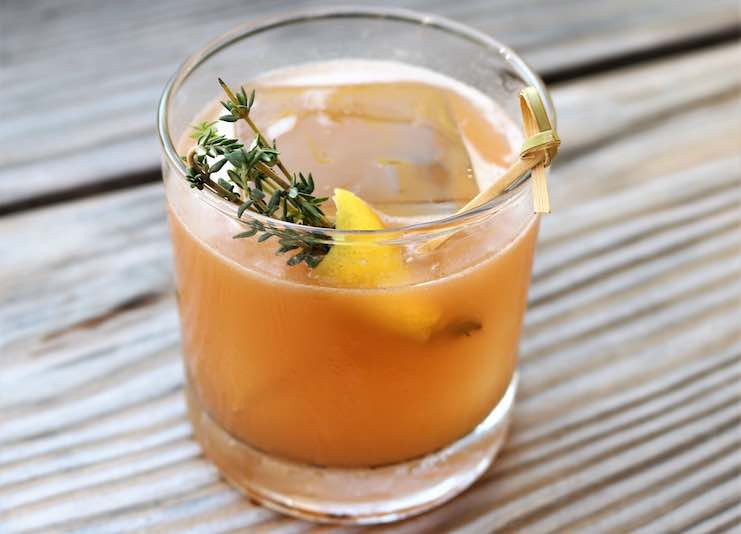
Mushroom beverages like fungi Irish coffee, mushroom- and thyme- infused vodka, and mushroom tea with sparkling wine are taking both kitchen and bar menus by storm. Nearly 70 percent of bartenders are experimenting with mushroom-infused spirits, mushroom broth, or tea. Last year saw a surge in vegetable cocktails with ingredients like corn, beans, and beets, but according to bartenders, more obscure vegetables like tomatillo, chayote, fiddleheads, jicama, and sunchoke are being used to create more surprising and elevated flavor combinations. Savory cocktails also continue to be inspired by the kitchen with Cacio e Pepe martinis and a gin cocktail featuring cucumber, mint, Greek yogurt, and lemon to emulate gyros.
Flavored Seltzer: The New Wine Cooler
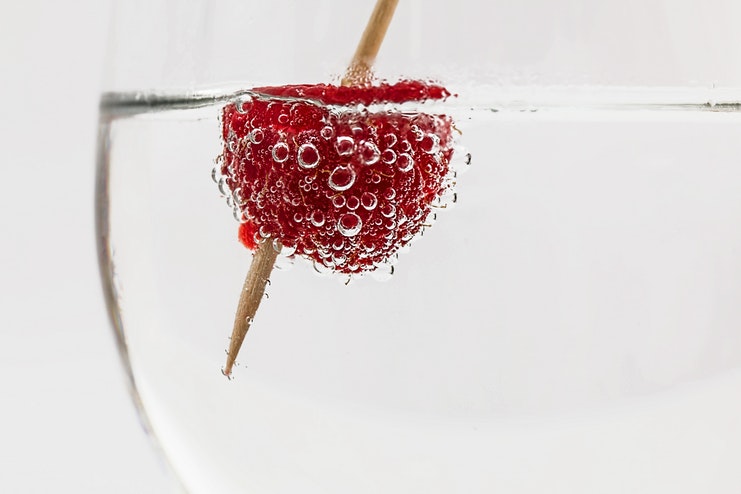
Move over wine coolers, because flavored alcoholic seltzers are hot right now. Sixty-three percent of bartenders are considering using a flavored alcoholic seltzer with either a seasonal fruit puree, herbal garnish, or a splash of citrus for a light and refreshing drink.
Off-the-Wall Ingredients and Pairings
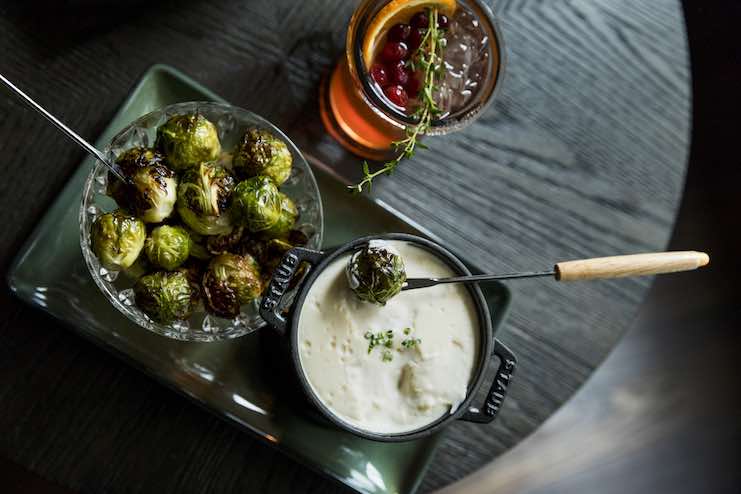
Chorizo, jackfruit, anchovy, perennial grains, endive, yuzu (sour fruit), black sapote, and blessed thistle are some of the more bizarre ingredients likely to appear on bar menus in 2019. Wine and cheese will always be the queen of food and beverage pairings, but bartenders are experimenting with new combinations including wild boar heart and burgundy, oysters and gin, crickets and pisco, Latin cuisine and scotch, and some crowd favorites like champagne and fried chicken.
New Wine and Beer Trends
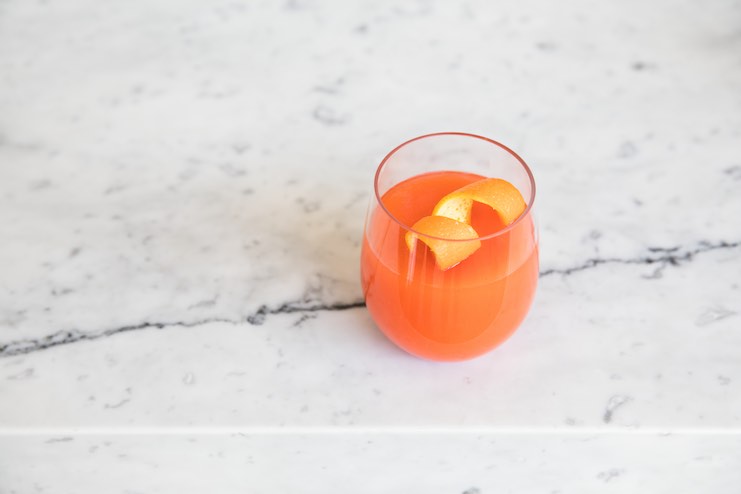
The industry will see the new wave of natural winemaking and the emergence of new grape varietals such as Divico and Aromella, leading to more unique flavor combinations and elevated blends. Expect an uptick in dry-hopped sours, bright kolsch style beers, and more respect paid to fruit and spiced beers that appeal to beer drinkers looking for more distinct flavors. When it comes to fan favorites, frozen rosé and Aperol spritz were the two drinks that came to mind. According to Kimpton’s bartenders, a marriage of the two will create the most popular drink of 2019: Aperol frosé.



